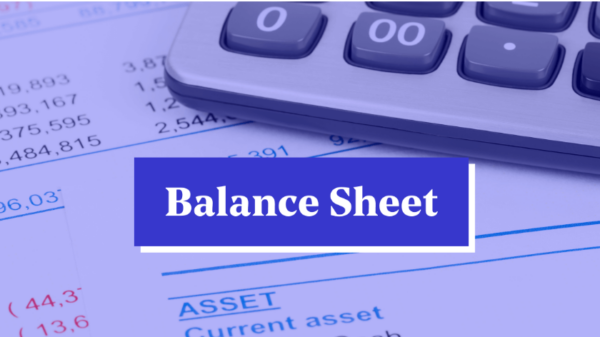The question for many traders is how will the US stock market react to the results of the 2020 election? The outcomes are varied and could generate a surprise that could create significant volatility. The major themes surround the trade war with China, Taxes on individuals and capital gains. What investors need to consider is what is currently priced into the market, and what a surprise will do to prices and volatility.
Trade War
In early October a Chinese trade delegation is scheduled to arrive in the US and restart trade negotiations. This latest round of negotiations between the US and China is schedule just ahead of the next round of tariffs are expected to come into effect. New trade tariffs were originally planned for October 1 but were pushed back by President Trump. This have been generating volatility for both stocks and ETFs.
Recent US economic data has been mixed, but many of the forward-looking indicators are pointing to a slowdown. According to the National Association of Business Economics the Trump administration’s trade war, is leading to a recession. Additionally, in October the Institute of Supply Management (ISM) released both its manufacturing and services surveys that both point to a slowdown. The manufacturing index is printing a reading that shows a contraction is underway. US manufacturing activity dropped to more than a 10-year low in September and a sharp slowdown in service-industry growth to levels last seen in 2016.
What Will the 2020 Election Show?
The US 2020 election will likely be a referendum on Donald Trump. The market has not priced in a Trump loss and that could create a short-term decline depending on the democratic contender. Some of the more progressive candidates, would likely role back the tax cuts passed into law during the 2-year of the Trump administration. Recall, the tax cut was a corporate tax cut which helped buoy stock and ETF prices.
Some of the Democratic candidates are also less combative with China and would likely come up with a trade deal and lift the current trade tariffs. This would lift a cloud of uncertainty which has been weighing on the global capital markets.
Historically, a vote for Republicans was a vote in favor of capitalism. This does not seem to be the case anymore. During the last five US presidents, the best returns came during the 16-years of democratic presidential incumbency. Bill Clinton and Barack Obama have presided during the best years for the US stock market.
What is also not priced in is the potential for the democrats to take the senate. This is unlikely but if the democrats control both the house and the senate as well as the executive branch, the stock market might not take this as a friendly outcome. The market might see this result as combative to capitalism. What is clear is that any of these results will likely generate additional market volatility for both stocks and ETFs.































































You must be logged in to post a comment Login